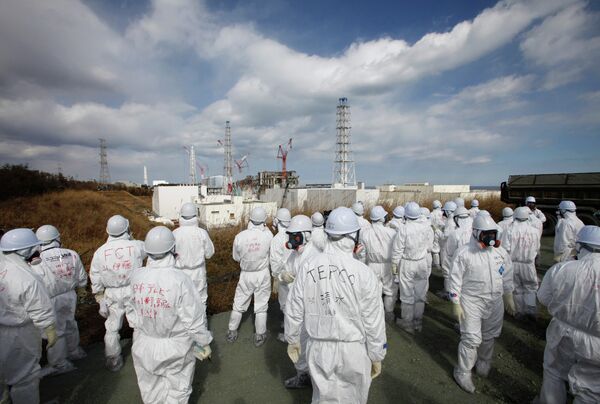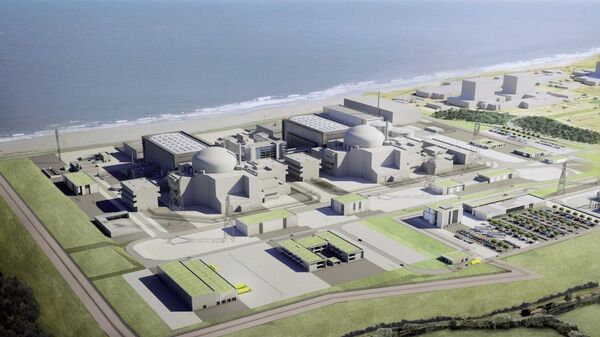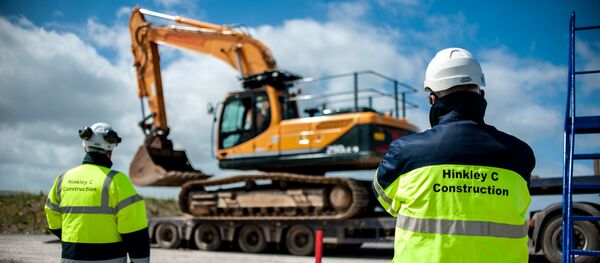The challenge — by the company's own workers — follows the controversial decision by EDF to go ahead with the deal, when its own finance director resigned, saying it would cripple the company. The unions are demanding the management come clean over the financial viability of the whole project.
In March 2016, EDF Finance Director Thomas Piquemal stepped down because he feared the project could jeopardize EDF's financial position, according to reports.
The board of EDF gave the go-ahead to the project after Britain persuaded the Chinese General Nuclear Power Corp to put up a third of the cost of construction, in return for the chance to build nuclear plants, using its own technology at two other sites in the UK, Bradwell and Sizewell.
However, soon after taking office, UK Prime Minister Theresa May put the plans on hold, allegedly over fears of giving China access to a critical part of the UK infrastructure, as well as the cost of the scheme. She later relented, giving the project the go-ahead.
Crippling Costs
The project has been hit by financial woes because of a drop in demand for nuclear power since the Fukushima disaster, in March 2011, when a magnitude nine earthquake set off a tsunami that hit the Fukushima Daiichi nuclear plant resulting in the meltdown of three of the plant's six nuclear reactors.

The French unions believe that the Hinkley project will financially cripple EDF, in the light of three other projects based on the same technology in France, Finland and China are way over budget and late in delivery.
Environmental action group Greenpeace's chief scientist Doug Parr told Power Engineering International:
"EDF's managers and employees are completely bewildered as to what makes EDF and the British government so confident that they are willing to bet billions of pounds on fourth time lucky."
EDF suffers credit downgrade following Hinkley approval https://t.co/AJOFUCtBpa
— BusinessGreen (@BusinessGreen) 22 September 2016
S&P has cut EDF's credit rating to 'A-/A-2' from 'A/A-1' citing higher execution and contingency risks for the project at a time when the firm is already suffering cashflow problems.



